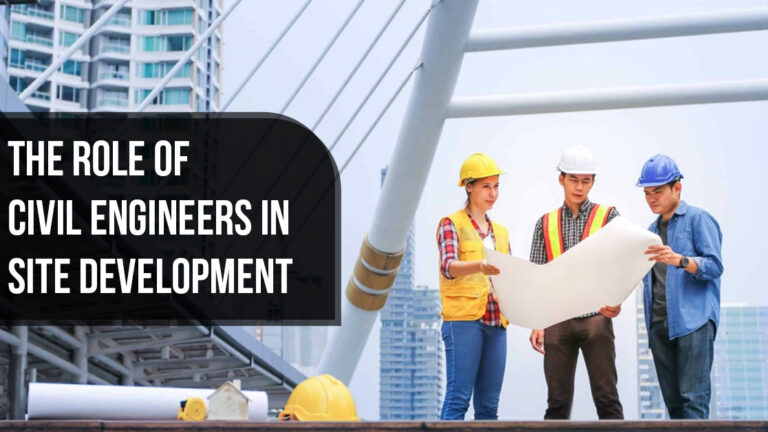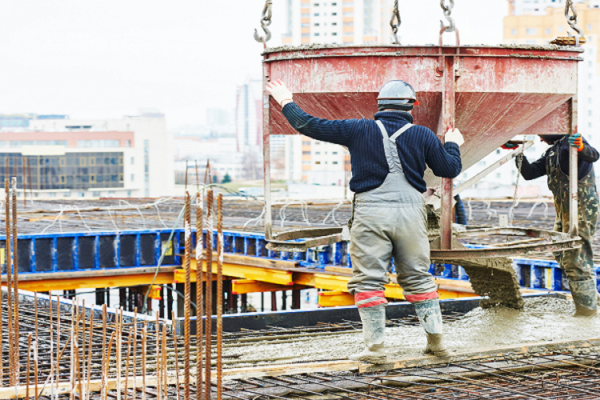Civil engineering is a vital discipline in India, especially regarding site development. The country’s rapid urbanization and infrastructure development require the expertise of civil engineering companies in Chennai to ensure sustainable growth, efficient land utilization, and the creation of safe, functional spaces. This blog will explore civil engineers’ significant role in site development.
Site Selection & Assessment:
Civil engineers are involved from the very beginning of a development project. They assess potential sites for soil quality, geological stability, water availability, and proximity to necessary infrastructure. Their expertise ensures that sites are chosen wisely, considering both short-term and long-term implications. Sathvik, one of the best individual home construction builders in Chennai, ensures that the chosen sites meet the highest standards regarding soil quality, geological stability, water availability, and infrastructure accessibility.
Environmental Impact Assessment:
Site development in India must comply with environmental regulations. Civil engineers are crucial in conducting environmental impact assessments to minimize the project’s adverse environmental effects. It includes evaluating how the development might affect local ecosystems, air and water quality, and other natural resources.
Planning & Design:
Civil engineers are responsible for planning and designing the site layout. It involves determining the placement of roads, buildings, utilities, and drainage systems. Their designs aim to optimize land use and ensure efficient traffic, water, and utilities flow.
Regulatory Approvals:
India has a complex regulatory landscape, and getting approvals for site development can be challenging. Hence, civil engineers play a crucial role in getting regulation approvals by closely working with the Government authorities and receiving timely permits and various authorizing documents. Also, civil engineers ensure that a given project aligns with safety standards and building codes for a robust foundation.
Infrastructure Development:
The responsibility of the civil engineer does not stop with the evaluation and obtaining approvals, instead, once the site gets approved, they look into the crucial components for infrastructure such as bridges, roads, sewage & water systems, and many more. They oversee these conditions to ensure the proposed design lasts and meets the growing population demands.
Cost Management:
Site development projects in India often have budget constraints. Civil engineers are crucial in cost estimation, control, and ensuring that projects are completed within budget without compromising quality and safety.
Project Management:
Civil engineers are often project managers, overseeing the entire development process. They coordinate various teams, manage schedules, and ensure that the project progresses smoothly from planning to completion.
Adaptation To Local Conditions:
India’s diverse geography and climate require civil engineers to adapt their designs to local conditions. A development in the coastal region may have different requirements than one in the tropical regions. Civil engineers consider these factors to ensure that developments are well-suited to their specific locations.
Maintenance & Upkeep:
Even after a site is developed, civil engineers continue to play a role in its maintenance and upkeep. They ensure that infrastructure and buildings remain in good condition, addressing any issues arising over time.
Civil engineers play an indispensable role in site development. They are responsible for site evaluation and assessing the impact of the environment to designing and maintenance. As India grows and urbanizes, the expertise and contributions of top civil engineering companies in Chennai, like Sathvik, will remain crucial to building a sustainable and prosperous future.








